3 books

reading lists
-
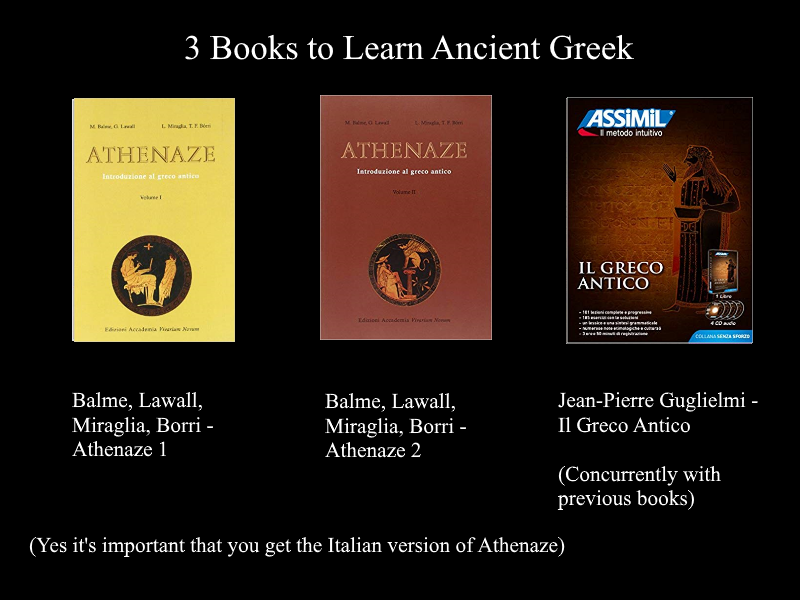
ancient greek
Ancient Greece was a civilization located in the Mediterranean region, primarily on the Greek peninsula and the Aegean islands, from around the 8th century BCE to the 4th century BCE. It is considered one of the foundational cultures of Western civilization. Ancient Greek society was characterized by its city-states, or polis, which were independent political entities governed by various forms of government, including democracy, oligarchy, and tyranny. Greek city-states such as Athens, Sparta, and Corinth were centers of political, cultural, and intellectual activity. The Greeks made significant contributions to the arts, philosophy, science, mathematics, and literature. They developed a system of writing based on the Greek alphabet and produced epic poems, such as the Iliad and the Odyssey, attributed to the poet Homer. Ancient Greek philosophy, with thinkers like Socrates, Plato, and Aristotle, laid the foundation for Western philosophical thought. Greek architecture, exemplified by structures like the Parthenon, showcased their mastery of design and engineering. The Greeks also excelled in sculpture, pottery, and theater, with drama festivals held in honor of the god Dionysus. Ancient Greece was a polytheistic society, with gods and goddesses worshipped in elaborate religious ceremonies and festivals. Despite frequent conflicts between city-states, such as the Persian Wars and the Peloponnesian War, Ancient Greece fostered a rich cultural and intellectual legacy that continues to influence modern civilization.
-
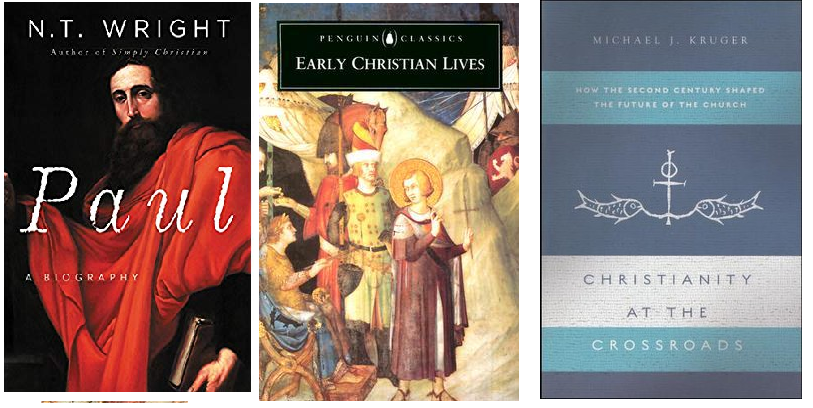
early christianity
Early Christianity was the period from the emergence of the Christian movement in the 1st century CE to the establishment of Christianity as the official religion of the Roman Empire in the 4th century CE. It originated within the Jewish community in the eastern Mediterranean region, particularly in the province of Judea, and gradually spread throughout the Roman Empire and beyond. Early Christians believed in Jesus Christ as the Messiah and Son of God, based on his teachings, miracles, crucifixion, and resurrection as described in the New Testament. The early Christian community was characterized by its emphasis on love, forgiveness, and compassion, as well as its rejection of traditional Roman religious practices. Early Christians faced persecution and martyrdom under Roman authorities, particularly during periods of imperial hostility towards Christianity. Despite this persecution, Christianity continued to grow, fueled by missionary efforts, the translation of the New Testament into various languages, and the establishment of Christian communities in urban centers. Early Christian theology developed through debates and councils, addressing questions of doctrine, scripture, and the nature of God and Jesus Christ. By the 4th century CE, Christianity had become a major religious and cultural force in the Roman Empire, leading to its eventual recognition and adoption as the state religion under Emperor Constantine.
-

teaching english
NA
-
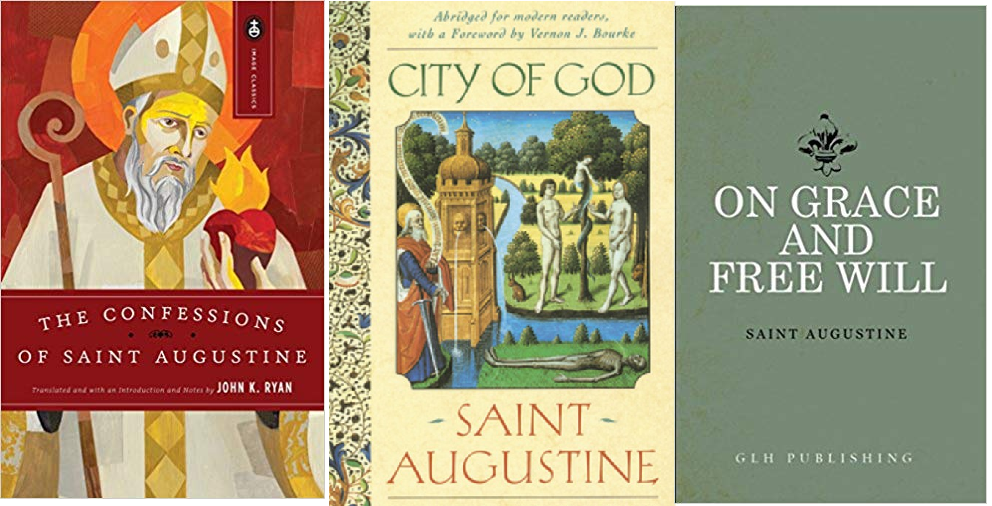
foundation of christian theology
NA
-
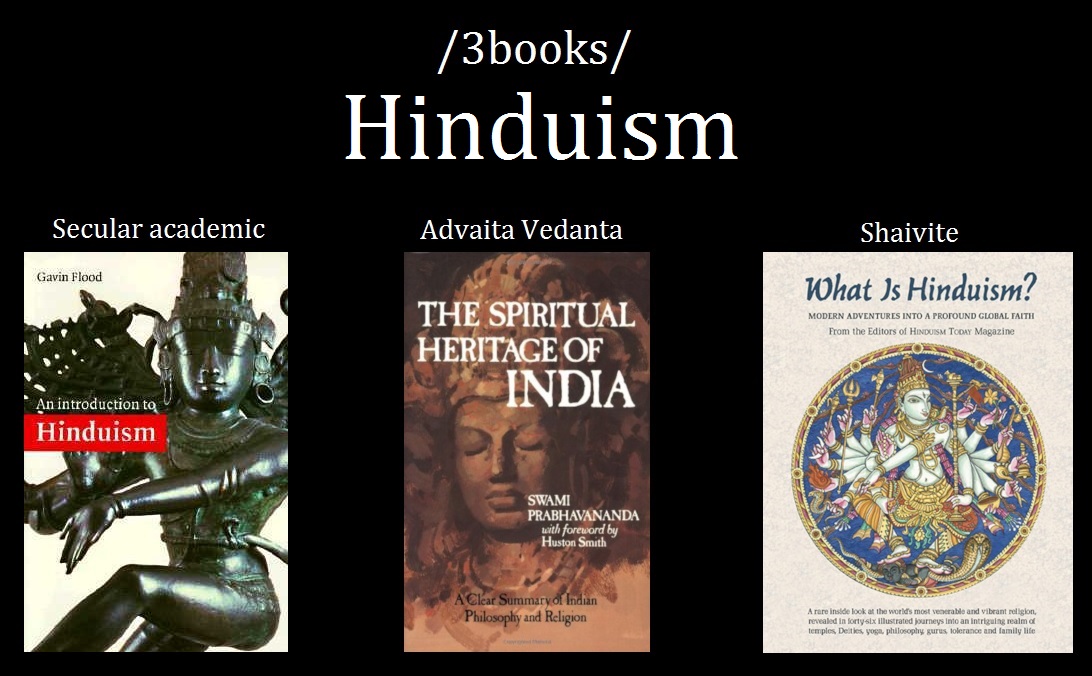
hinduism
NA
-

latin
NA
-
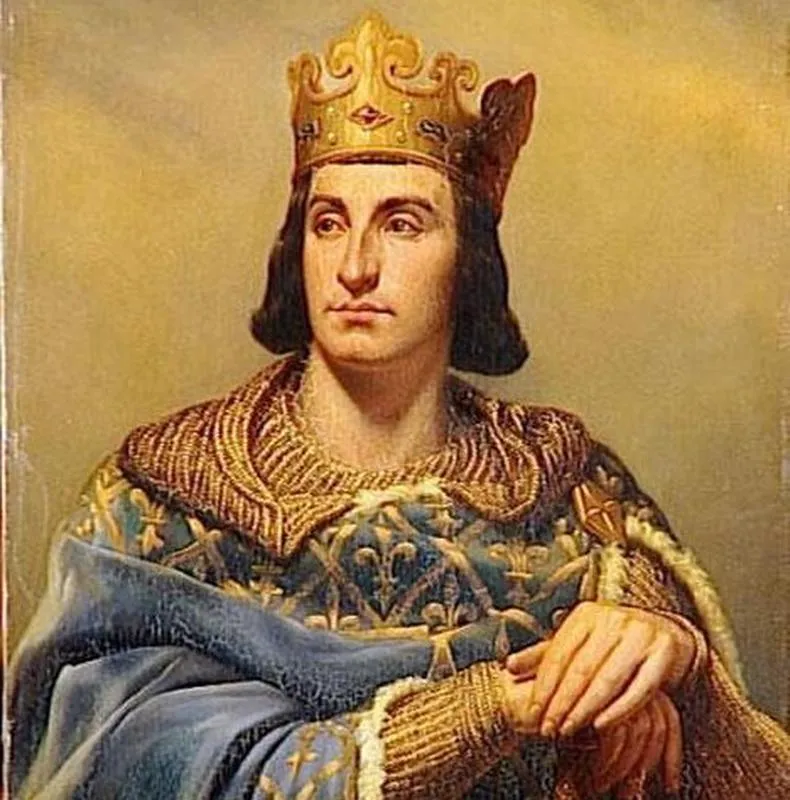
medieval france
The expansion of royal control by the House of Capet (987–1328), including their struggles with the virtually independent principalities (duchies and counties, such as the Norman and Angevin regions) that had developed following the Viking invasions and through the piecemeal dismantling of the Carolingian Empire and the creation and extension of administrative/state control (notably under Philip II Augustus and Louis IX) in the 13th century; and the rise of the House of Valois (1328–1589),
-

officer candidate reading list
NA
-
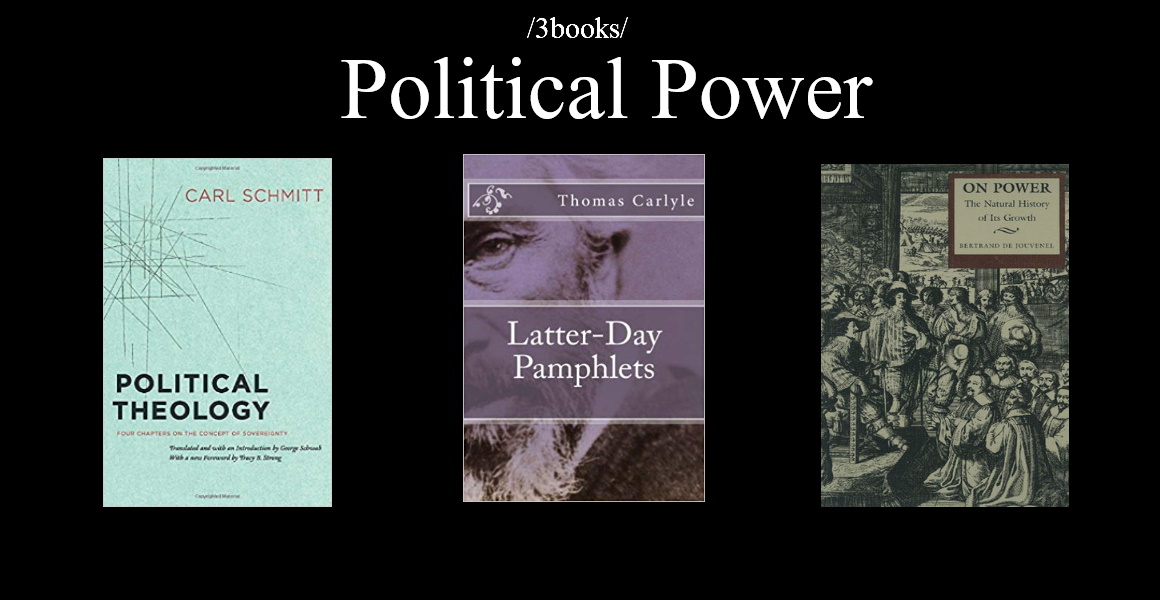
political power
NA
-
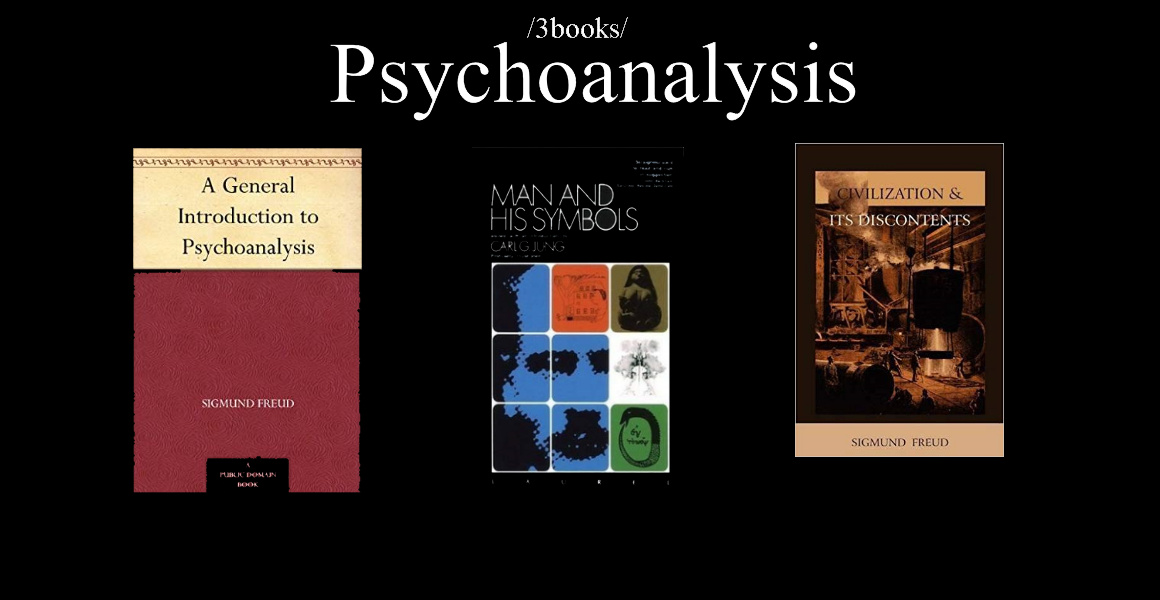
psychoanalysis
NA
-
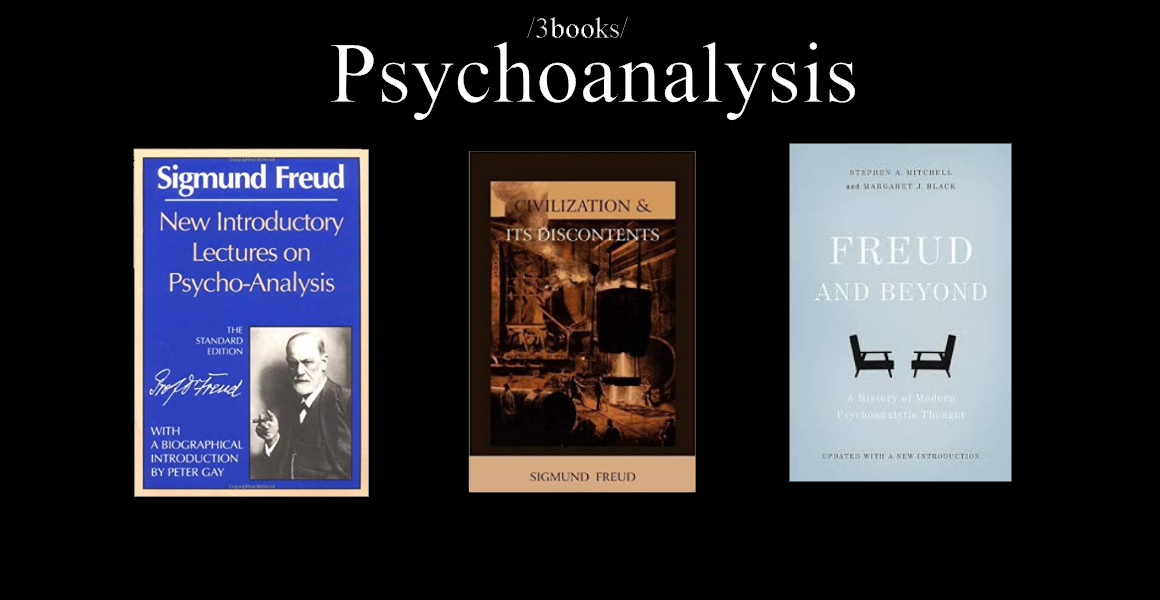
psychoanalysis2
NA
-

psychology
NA
-
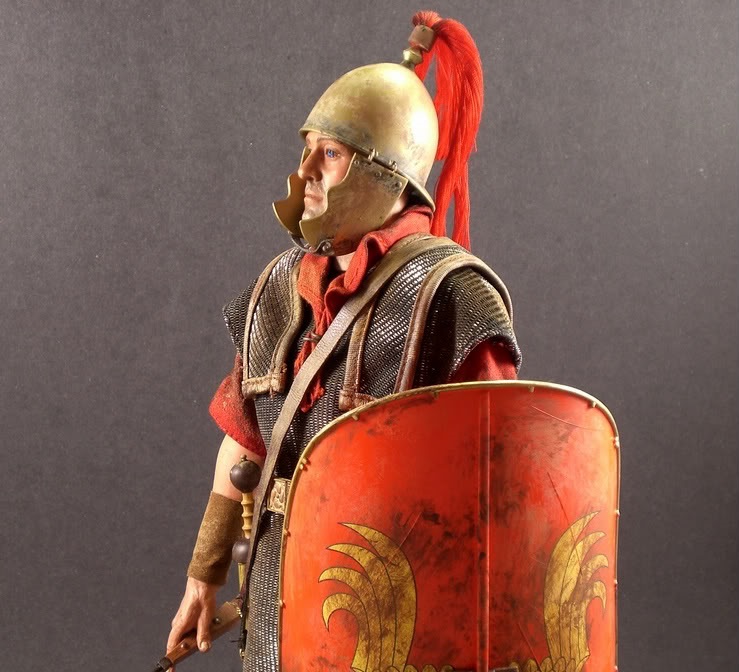
the roman republic
The Roman Republic (Latin: Rēs pūblica Rōmāna [ˈreːs ˈpuːblika roːˈmaːna]) was a state of the classical Roman civilization, run through public representation of the Roman people. Beginning with the overthrow of the Roman Kingdom (traditionally dated to 509 BC) and ending in 27 BC with the establishment of the Roman Empire, Rome's control rapidly expanded during this period—from the city's immediate surroundings to hegemony over the entire Mediterranean world. <br /> <br /> Roman society under the Republic was primarily a cultural mix of Latin and Etruscan societies, as well as of Sabine, Oscan, and Greek cultural elements, which is especially visible in the Roman Pantheon. Its political organization developed, at around the same time as direct democracy in Ancient Greece, with collective and annual magistracies, overseen by a senate.[4] The top magistrates were the two consuls, who had an extensive range of executive, legislative, judicial, military, and religious powers. Even though a small number of powerful families (called gentes) monopolised the main magistracies, the Roman Republic is generally considered one of the earliest examples of representative democracy.[5][6] Roman institutions underwent considerable changes throughout the Republic to adapt to the difficulties it faced, such as the creation of promagistracies to rule its conquered provinces, or the composition of the senate. <br /> <br /> Unlike the Pax Romana of the Roman Empire, the Republic was in a state of quasi-perpetual war throughout its existence. Its first enemies were its Latin and Etruscan neighbours as well as the Gauls, who even sacked the city in 387 BC. The Republic nonetheless demonstrated extreme resilience and always managed to overcome its losses, however catastrophic. After the Gallic Sack, Rome conquered the whole Italian peninsula in a century, which turned the Republic into a major power in the Mediterranean. The Republic's greatest strategic rival was Carthage, against which it waged three wars. The Punic general Hannibal famously invaded Italy by crossing the Alps and inflicted on Rome two devastating defeats at Lake Trasimene and Cannae, but the Republic once again recovered and won the war thanks to Scipio Africanus at the Battle of Zama in 202 BC. With Carthage defeated, Rome became the dominant power of the ancient Mediterranean world. It then embarked on a long series of difficult conquests, after having notably defeated Philip V and Perseus of Macedon, Antiochus III of the Seleucid Empire, the Lusitanian Viriathus, the Numidian Jugurtha, the Pontic king Mithridates VI, the Gaul Vercingetorix, and the Egyptian queen Cleopatra. <br /> <br /> At home, the Republic similarly experienced a long streak of social and political crises, which ended in several violent civil wars. At first, the Conflict of the Orders opposed the patricians, the closed oligarchic elite, to the far more numerous plebs, who finally achieved political equality in several steps during the 4th century BC. Later, the vast conquests of the Republic disrupted its society, as the immense influx of slaves they brought enriched the aristocracy, but ruined the peasantry and urban workers. In order to address this issue, several social reformers, known as the Populares, tried to pass agrarian laws, but the Gracchi brothers, Saturninus, and Clodius Pulcher were all murdered by their opponents, the Optimates, keepers of the traditional aristocratic order. Mass slavery also caused three Servile Wars; the last of them was led by Spartacus, a skillful gladiator who ravaged Italy and left Rome powerless until his defeat in 71 BC. In this context, the last decades of the Republic were marked by the rise of great generals, who exploited their military conquests and the factional situation in Rome to gain control of the political system. Marius (between 105 and 86 BC), then Sulla (between 82 and 78 BC) dominated in turn the Republic; both used extraordinary powers to purge their opponents. <br /> <br /> These multiple tensions led to a series of civil wars; the first between the two generals Julius Caesar and Pompey. Despite his victory and appointment as dictator for life, Caesar was assassinated in 44 BC. Caesar's heir Octavian and lieutenant Mark Antony defeated Caesar's assassins Brutus and Cassius in 42 BC, but they eventually split up thereafter. The final defeat of Mark Antony alongside his ally and lover Cleopatra at the Battle of Actium in 31 BC, and the Senate's grant of extraordinary powers to Octavian as Augustus in 27 BC – which effectively made him the first Roman emperor – thus ended the Republic.
-

sociology
NA
-
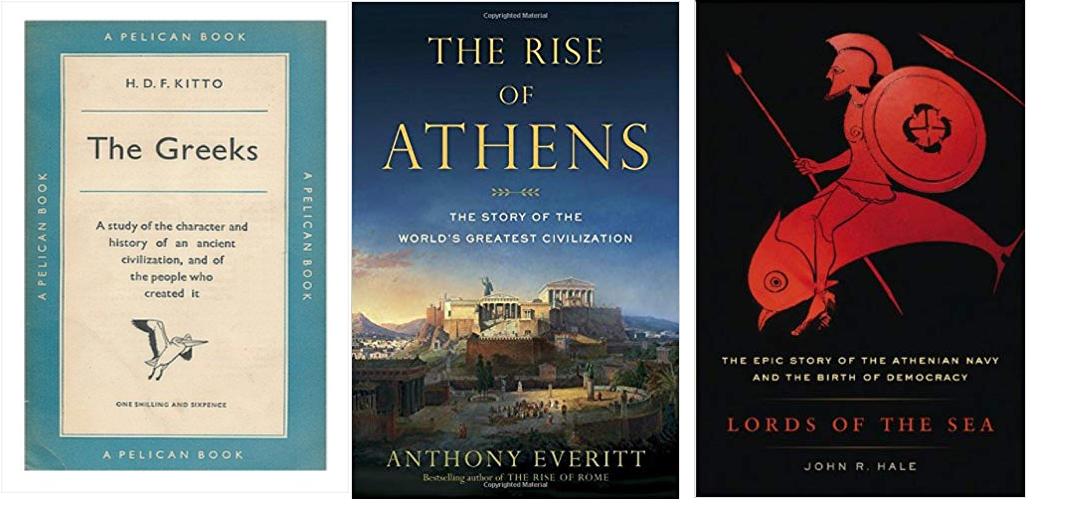
the greeks
NA